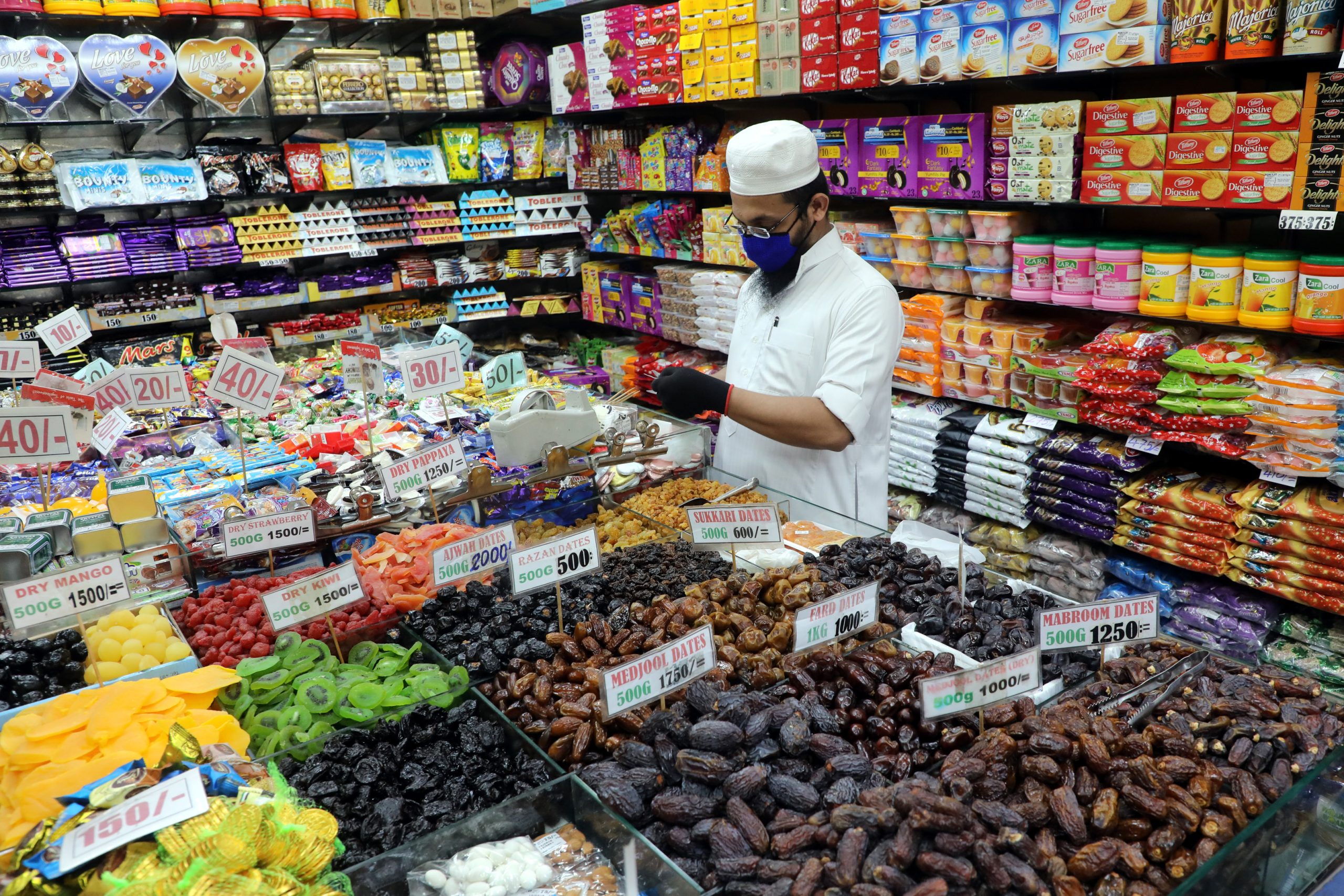Sri Lanka’s small and medium-sized enterprises (SMEs) could soon be eligible for full capital allowances if the government adopts a proposed cut to the investment threshold.
An official from the Inland Revenue Department (IRD) has indicated a proposal to sharply reduce the investment threshold for full capital allowances from the current USD3 million to USD250,000.
The IRD’s Senior Commissioner, A.M. Nafeel, confirmed this at a KPMG Sri Lanka forum on Budget 2026, stating the move is specifically designed to stimulate greater investment from smaller companies.
Despite these adjustments, Nafeel expressed the government’s confidence in reaching its 2026 tax revenue goal, primarily through increases in Value Added Tax (VAT) and the Social Security Contribution Levy (SSCL).
The upcoming budget proposes lowering the annual turnover threshold for compulsory VAT and SSCL registration from 60 million rupees to 36 million rupees, effective from April 2026.
This means more suppliers will be brought into the tax net.
Regarding this measure, Nafeel said:
“Certain suppliers, who are supplying goods without a VAT invoice, will be compelled to issue a VAT invoice because the small-scale suppliers will also be liable to pay the VAT and SSCL.”
The government also plans to introduce the SSCL at the point of import or manufacture for vehicles. This is expected to simplify the process for the industry.
Nafeel noted the advantage this change offers:
“This measure will make it easier for the vehicle importers and vendors to calculate their costs before they make any sales.”
This tax will not be applied during the after-sales stages and will also commence in April 2026.
To ensure fair competition between domestic and imported goods, the budget outlines plans to remove the Special Commodity Levy (SCL) on imported coconut and palm oil. Instead, these oils will be subject to the standard tax framework, including VAT.
Currently, imported coconut oil attracts an SCL of Rs. 150 per kilogramme, and palm oil Rs. 275 per kilogramme.
Nafeel explained that this shift would create “a level playing field for the domestic manufacturers”.
Similarly, the current cess on imported fabric—which is VAT-exempt and carries a 100-rupee-per-kilogramme duty—will be removed, with VAT applied at the import and supply stages.
Locally produced fabric is already subject to VAT.
Finally, in a move to align with the National Tariff Policy, Sri Lanka intends to revise its customs import duty bands in April 2026. The current bands of 0 %, 15 %t, and 20 % will be adjusted to zero per cent, 10 %, 20 %, and 30 %.
The government states these revisions are part of its strategy to gradually phase out various para-tariffs while maintaining a stable level of revenue.
Source : Hiru News

